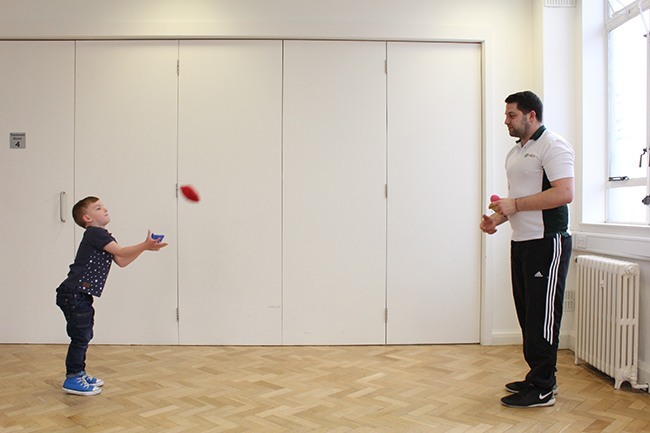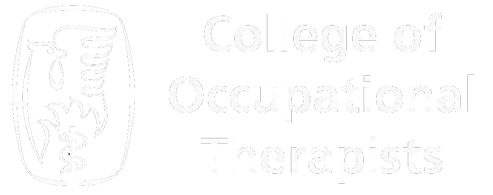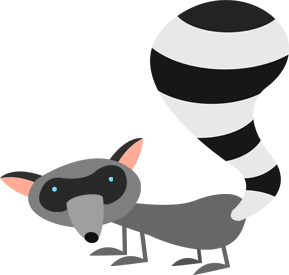Gross Motor Difficulties
Gross motor is a term used to describe the ability to produce smooth, fluid and accurate movements needed to compete in sport, move through space safely, navigate new layouts and engage in a range of playground activities. The term gross motor can be translated literally into large movements, referring to movements completed by the whole body, rather than fine motor movements which only concern the intricate movements of the hand.
Children who struggle with movement can often have difficulty balancing, moving around the home and school environment safely, engaging in P.E and competing in sport. An occupational therapist would firstly assess how your child functions in activities and analyse their gross motor skills, before suggesting treatment options. During this analysis of gross motor skills, the occupational therapist would use their knowledge to unpick the components of gross motor skills and determine which aspects the child is struggling with most.
Components of Gross Motor skills
- Balance
- Proprioception
- Sensory regulation of limbs and muscles
- Hand-eye co-ordination
- Motor planning and execution
- Visual perception
- Midline orientation
- Bilateral integration
- Spatial awareness
- Temporal awareness
Importance of gross motor skills
Gross motor skills are an important component of development and become a vital part of engaging in activities across many areas, such as at home, in lessons, in the playground or playing outside with friends and sport. Some of the common difficulties to be aware of are if your child is:
- Finding it hard in P.E
- Having difficulty running/hopping/jumping/skipping etc
- Unable to balance effectively
- Struggling to throw or catch
- Having difficulty moving in space (proprioception)
- Having difficulty completing complex movements
- Unable to stand and complete tasks successfully
- Clumsy and un-coordinated
How Occupational Therapy can help?
An occupational therapist would analyse the child's gross motor skills in relation to a task, determine where the deficit lies and provide treatment that aims to improve these. Treatment would include completing activities that involve the use of gross motor skills, the theory being that through practicing tasks and activities that use the components of gross motor skills, children will begin to develop and improve the aspects upon which they're struggling with and subsequently the overall task performance of gross motor activities will improve.
If you think your child is clumsy, un-coordinated or has any of the associated difficulties of poor gross motor skills, please contact us for more information regarding an assessment and treatment. We would be able to provide you with our nearest clinic, come to the child's school or come to your home address during the therapy process. Please email office@otforkids.co.uk or call us on 0330 223 0888

 Next steps:
Next steps:Please contact one of our experienced occupational therapists today and we will gladly discuss how we can help and what services we can offer you.
- 0330 223 0888
- office@otforkids.co.uk
- 2 Hagley Rd, Salford M5 3EY [map]







 OT for Kids have been a great help in aiding my son Jake with coping with his dyspraxia both at home and in school. They came out to our house and completed the assessment at home.
OT for Kids have been a great help in aiding my son Jake with coping with his dyspraxia both at home and in school. They came out to our house and completed the assessment at home.






